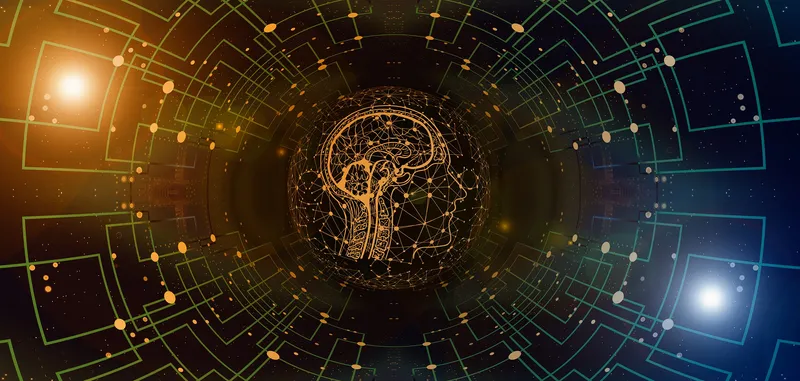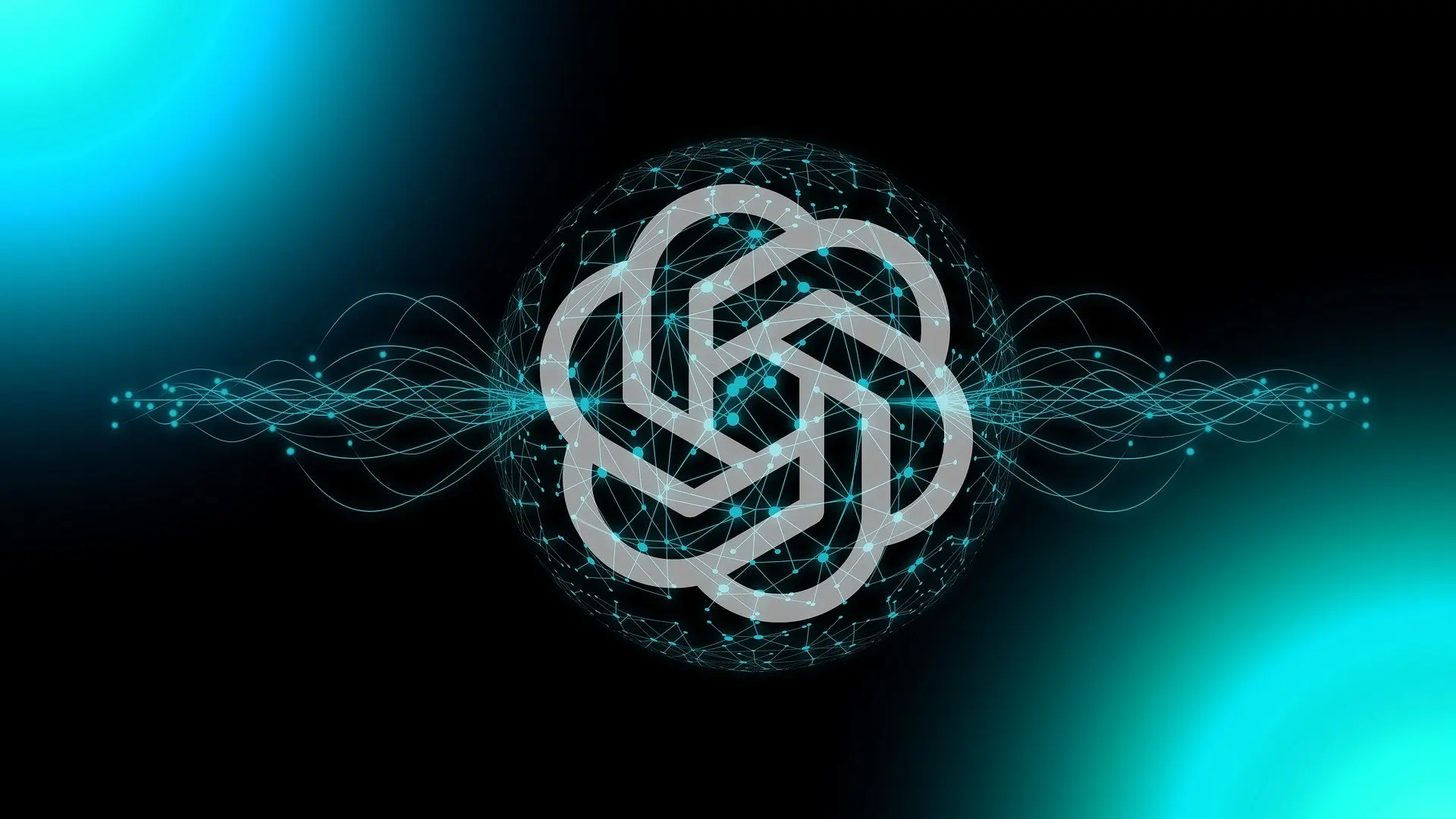ChatGPT turns one: Unleashing an AI revolution in just one year
Today is ChatGPT's first anniverdsary! Here is how this AI chatbot started a revolution in the tech world.
ChatGPT always seems to be in the headlines. No one would have thought that a small chatbot would make an impact worldwide within a year.
It is unbelievable how a generative AI bot would take over industries and make AI so mainstream that forced big tech sharks like Google, Amazon and X to jump on the bandwagon.
While the AI craze is still hot, today marks the first anniversary of when ChatGPT was officially released by . Here's how ChatGPT started an AI revolution.
How the chatGPT wave started
OpenAI launched an early demo version of their new AI bot that soon became viral on social media platforms due to its capabilities. With stories and samples pouring on the internet of how ChatGPT wrote codes, articles, poems, etc it attracted a million users within 5 days.
Even tech experts and enthusiasts did not expect generative AI to become immensely popular but OpenAI made it possible. Seeing the overnight success, in 2023, OpenAI released the ChatGPT app on iOS and Android.
Apart from this, the firm also introduced ChatGPT plugins, an add-on tool and the premium version of the AI bot called "ChatGPT Plus".

ChatGPT Enterprise
Amidst rising concerns about data and user privacy, OpenAI brought a solution for businesses and startups. In August, the firm an enterprise version of the AI model with strict encryption of conversations and compliance. This model has attractive features for companies to generate unlimited responses, data analytics, and no usage cap.
Generative AI applications
ChatGPT is only the tip of the iceberg of what generative AI can do. Today, GenAI tools help designers create customised images, data scientists interpret and visualise information through illustrations, and much more.
Thanks to ChatGPT, AI startups around the world have introduced tools across various domains like healthcare, education, law, food and of course technology.
AI hallucination and ethical issues
After the release of ChatGPT, users started to notice that sometimes the AI bot would make up facts when it was unable to answer certain questions. This particular problem was flagged as an "AI hallucination" that would later become a topic of debate in many countries regarding the need for regulations around AI tools like GPT.
In May 2023, the World Health Organisation called for a "safe and ethical AI" when it comes to human health. Noticing the rise of LLM AI models in the medicine space made WHO release a warning to address concerns regarding "AI hallucinations", misinformation, and data privacy.
Despite this, generative AI's growth did not slow down. Earlier ChatGPT could only respond with text prompts and had limited knowledge due to its training data being updated only till September 2021. Thanks to Microsoft's support, OpenAI could train their GPT AI model with data updated till April 2023 and use Bing for the latest information.
Sam Altman on ChatGPT
It was only until last week when Sam Altman was suddenly ousted, planned to join Microsoft and got reinstated. Perhaps this executive changeover made everyone curious about who Sam Altman is, how he started OpenAI and why was he removed. Here is a detailed summary for you to catch up on everything that took place.
On ChatGPT's first birthday, Sam posted on X (formerly Twitter) how his team was working on the launch of the AI bot precisely a year back.




